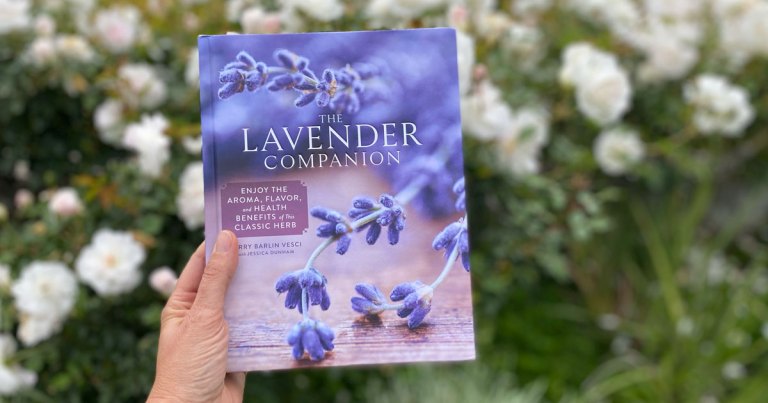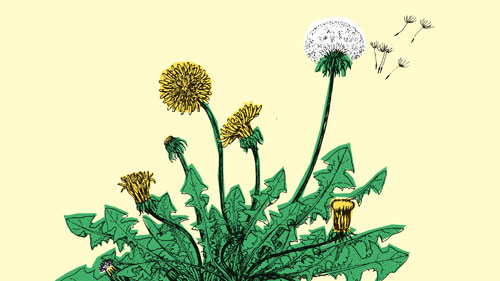Recipe for Maria’s Sleep Tea
Clinical herbalist Maria Noël Groves shares her time-tested tea recipe for getting a good night’s sleep.
This potent yet tasty sedative tea can be enjoyed by all ages, adjusting the dose as needed. You can take it as a daytime antianxiety tea, but it may make you sleepy.
Using more lemon balm and less passionflower and skullcap will make it less sedating. The formula listed below is for a small cup of tea at just 4 to 6 ounces, so that you’re not drinking too much liquid right before bedtime. You can premix a larger batch and keep it on hand. Double the herb portions if you prefer it even stronger. Feel free to add or swap in other infusion-friendly relaxing herbs such as chamomile, linden, holy basil, or a sprinkle of roses or lavender.
Ingredients:
- ½ teaspoon lemon balm
- ½ teaspoon passionflower
- ½ teaspoon skullcap
- ½ teaspoon spearmint
- 1 heaping teaspoon honey (optional)
Directions:
Combine the herbs. Pour 4 to 6 ounces of near-boiling water over the herbs and let steep, covered, for 15 to 20 minutes. Strain, then sweeten to taste with honey, if desired.
Excerpted and adapted from Herbal Remedies For Sleep © Maria Noel Groves.
Ease your stress and finally get a good night’s sleep with the help of this guide to the top herbal remedies and natural methods.
A good night’s sleep is the key to good overall health—both physical and mental—but as many as a third of adults say they don’t get enough of it. The pandemic has led to increased anxiety and stress, making it even more difficult to sleep than it was before. Over-the-counter sleep aids can be habit forming, and many people prefer a more natural approach.
Herbal Remedies for Sleep introduces readers to the top 15 herbs for reducing stress and encouraging a good night’s sleep, along with recipes for using them in homemade formulas. The book includes three classes of herbs: those that have a general calming and relaxing effect; adaptogens, a class of herbs that has grown in popularity for its ability to balance and calm the nervous system; and sedative herbs, for those nights when you just can’t stop tossing and turning and need to go to sleep quickly. Remarkably, many of these herbs can easily be grown in an ordinary backyard, making it simple for people to grow a garden that helps promote a restful night’s sleep.










